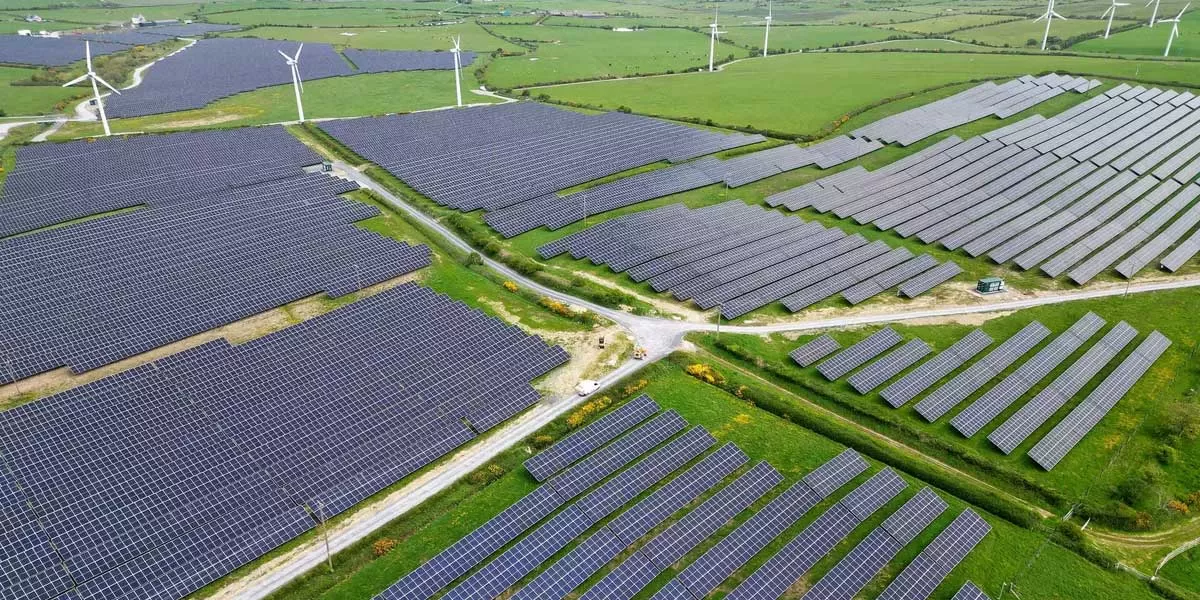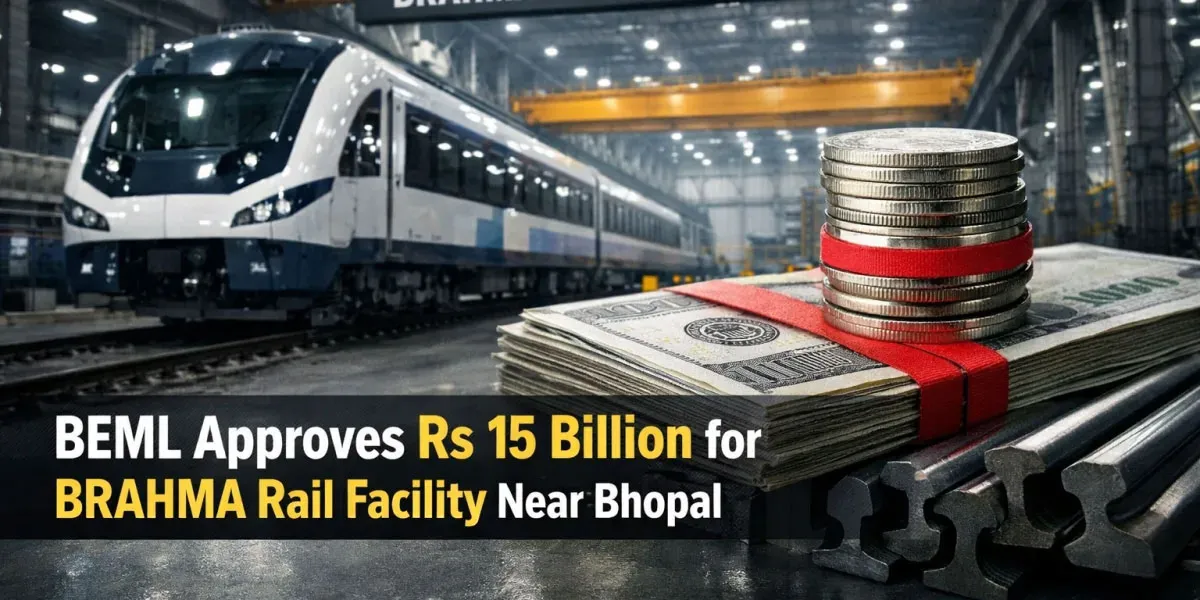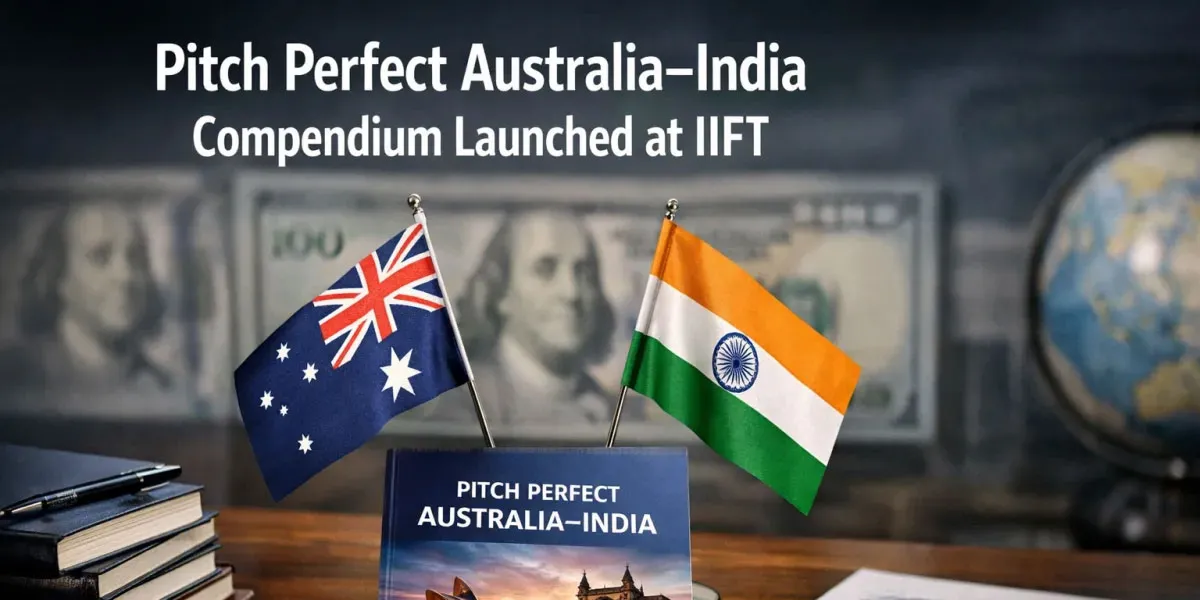
UAE Considers Building Second Nuclear Power Plant

Mahindra to Build Largest Integrated Auto and Tractor Plant in Maharashtra
Mahindra Group has announced plans to establish its largest integrated manufacturing facility for automobiles and tractors in Nagpur, Maharashtra, as part of a long-term growth strategy unveiled at Advantage Vidarbha. The company has committed an investment of Rs 150 billion (bn) over a ten year period and anticipates that the Nagpur complex will commence production in 2028. The announcement places Vidarbha at the centre of Mahindra's expanded manufacturing footprint. The facility will be developed across an area of 1500 acres in Vidarbha and will be complemented by a one hundred and fifty ac..

BEML Approves Rs 15 Billion for BRAHMA Rail Facility Near Bhopal
BEML Limited (BEML) approved an investment of Rs 15 billion (Rs 15 bn) to develop the BRAHMA rail manufacturing facility at Umariya near Bhopal. The board authorised the capital allocation and initiated project planning and land acquisition processes. The approval signals a strategic move by the state-owned engineering company to expand its footprint in rail equipment production in central India. The project is positioned to strengthen domestic rail manufacturing capabilities and to support supply chain resilience for rolling stock and related components. The company framed the investment as ..

Pitch Perfect Australia–India Compendium Launched at IIFT
The Indian Institute of Foreign Trade (IIFT) launched the India–Australia Business Case Studies Compendium titled Pitch Perfect Australia–India, presenting practical accounts of cross border commerce and the conditions for a $100 bn partnership. The compendium was developed jointly by the Indian Institute of Foreign Trade and Newland Global Group and documents market entry experiences, growth strategies and lessons from 30 organisations operating in India and Australia. The publication aims to inform policy makers, industry leaders and academics by presenting evidence based business journe..

















